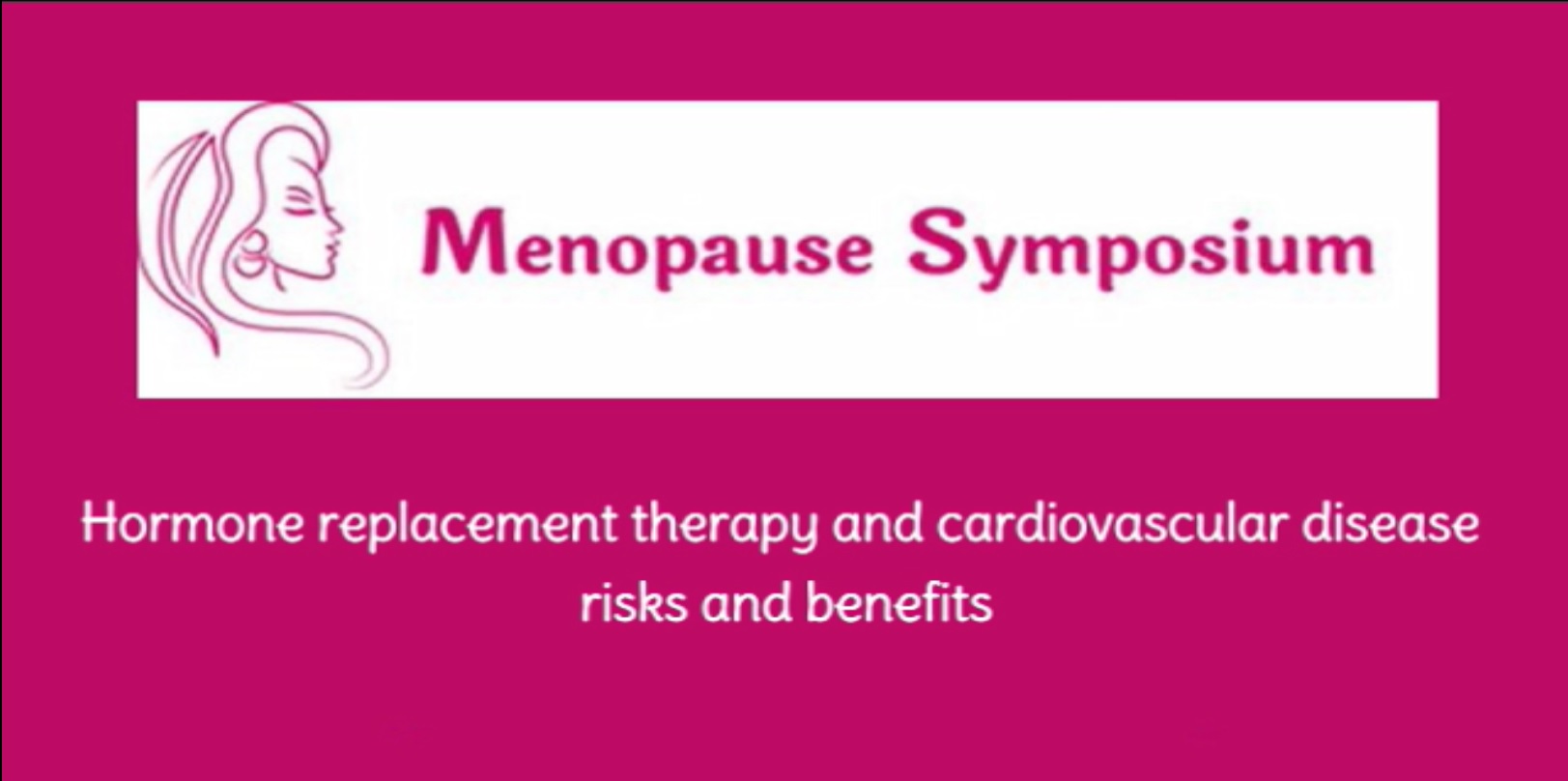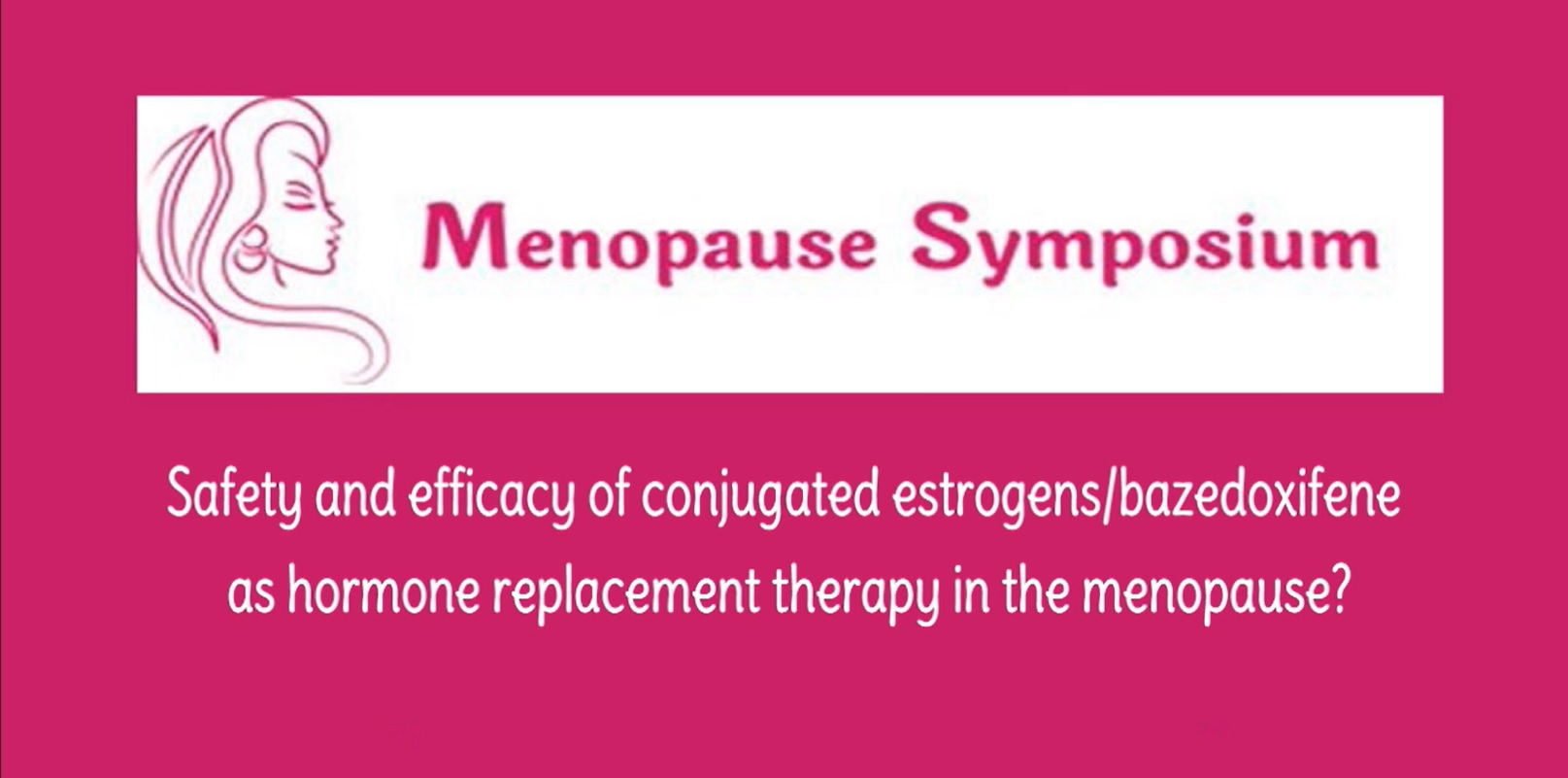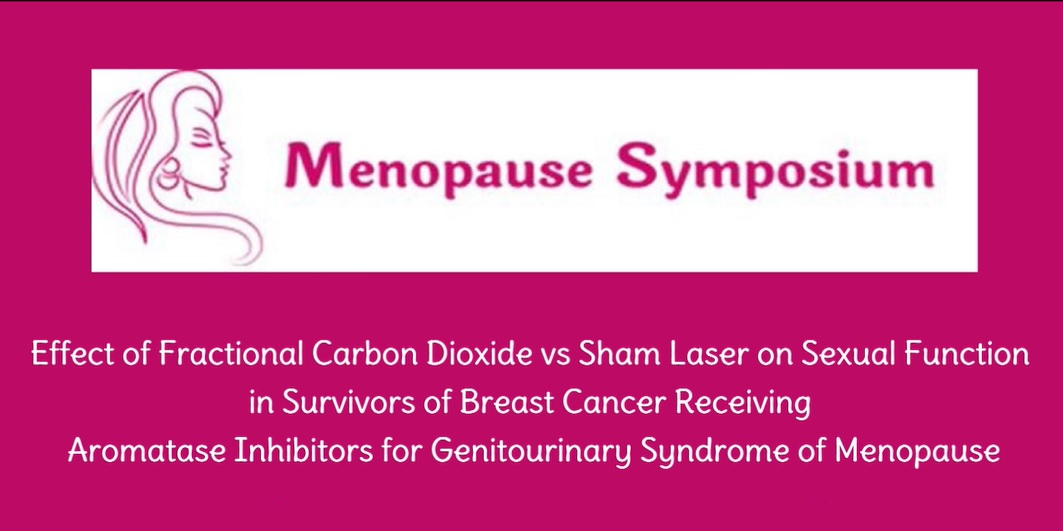The placebo effect is the ‘effect of the simulation of treatment that occurs due to a participant’s belief or expectation that a treatment is effective’. Although the effect might be of little importance for some conditions, it can have a great role in others, mostly when the evaluated symptoms are subjective.
Several characteristics that include informed consent, number of arms in a study, the occurrence of adverse events and quality of blinding may influence response to placebo and possibly bias the results of randomised controlled trials. Such a bias is inherited in systematic reviews of evidence and their quantitative components, pairwise meta-analysis.
Previous research has found that placebo can even improve the symptoms of VMS when compared with no treatment.
Many outcome measures, including VMS frequency and severity and patient-reported outcomes on quality of life can be significantly influenced by the placebo effect.
Previous studies suggested the frequency of VMS could be up to 60% in the placebo arm.
In this symposium Prof Bassel Wattar discuss the findings of a meta-analysis by Tianyu Zhou which evaluated the placebo effect in menopause trials evaluating different hormonal treatments compared to placebo on vasomotor symptoms.
Link to the YouTube video:
Link to the full article:












